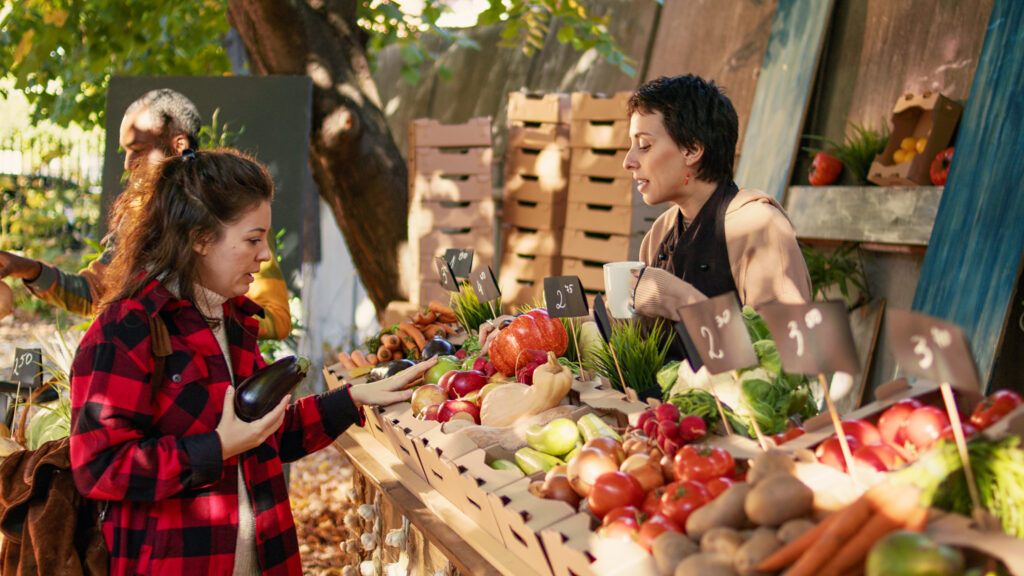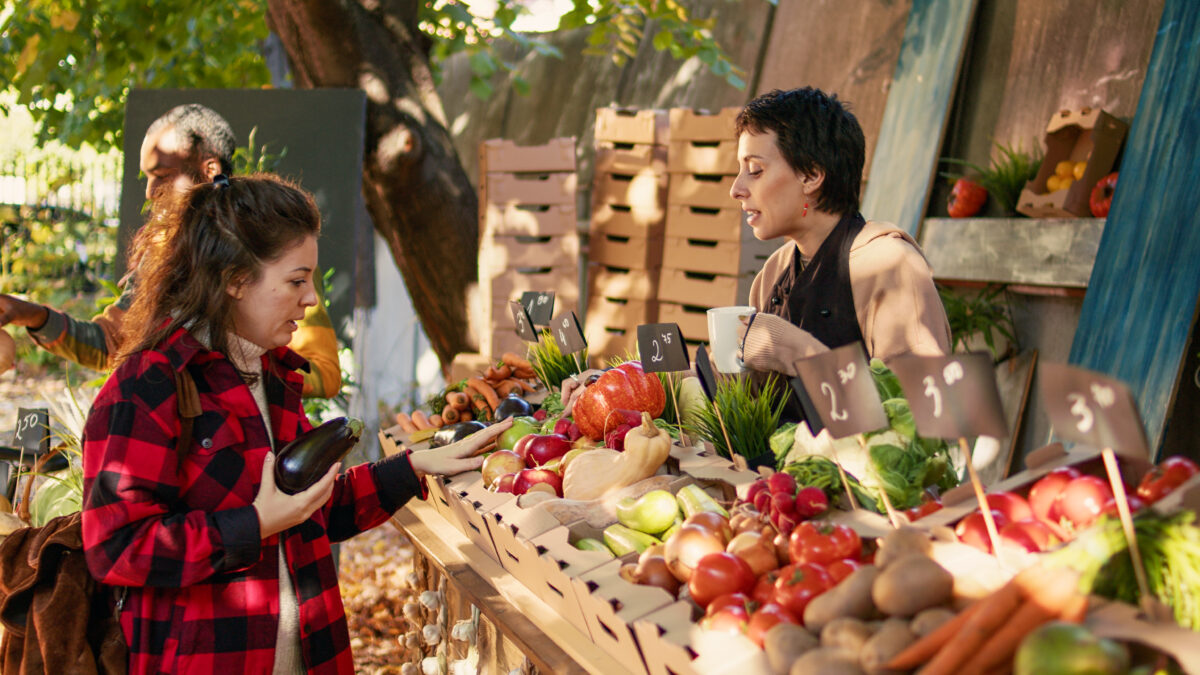March 25, 2024
 Sierra Rankin, MS, Millennium
Sierra Rankin, MS, Millennium
Associate Operations Manager
Practicing mindful eating extends beyond the act of consuming food; it includes expressing gratitude for meals and contemplating the impact of one’s food choices on both the local and global environment. Embracing a more sustainable approach to eating not only benefits personal health but also contributes to creating a healthier planet for current and future generations. Sustainable eating manifests in various forms, offering individuals the flexibility to adopt practices that align with their values and lifestyle.
Enjoy More Plant-Based Meals and Snacks
Opting for plant-based foods over animal-based ones can significantly contribute to reducing environmental impact, including decreased land use, water consumption, and lower greenhouse gas emissions. This shift towards plant-based eating promotes greater sustainability. Plant-based diets can take various forms, adapting to individual preferences and lifestyles. For instance, incorporating recipes without meat, such as a butternut squash curry, is one approach. Another option is to utilize vegetables to reduce the quantity of meat consumed, a technique known as “The Blend,” as created by the Mushroom Council.
Expanding plant-based swaps beyond meals to snacks is also an easy way to incorporate more fruits, vegetables, seeds, and nuts into your diet, further aligning with sustainable and environmentally conscious eating practices.
Ways to get started with a plant-based diet.
- Eat lots of vegetables.
- Change the way you think about meat.
- Choose good fats.
- Cook a vegetarian meal at least one night a week.
- Include whole grains for breakfast.
- Go for greens.
- Build a meal around a salad.
- Eat fruit for dessert.
Purchase Foods with Minimal Packaging
Have you ever returned from the grocery store only to find yourself filling your kitchen trash can with bags and packaging from your recent purchases? Consider taking a moment during your next shopping trip to assess the amount of packaging associated with the items you buy and make a conscious effort to minimize it. This small change can contribute significantly to reducing the volume of waste sent to landfills, thus diminishing your overall environmental footprint.
Buy Foods in Season and Shop Locally When Possible
While shopping seasonally is not a novel concept, its impact on the environment may not be fully appreciated. Opting for seasonal produce can lead to a reduction in the distance that food travels, thereby helping to lower greenhouse gas emissions. Additionally, this choice supports local farmers who often employ sustainable agricultural practices, contributing to the well-being of our communities and promoting a more environmentally friendly approach to food consumption.
Farmer’s markets
Farmer’s markets offer another avenue for supporting local farmers without requiring a subscription or a significant upfront cost. Many areas host local farmer’s markets, typically during the summer months or even throughout the entire year. These markets operate on specific days each week throughout their open season, featuring various local farmers and producers on any given week.
At a farmer’s market, each farmer has their own stand showcasing their produce. This setup allows you to engage directly with the farmers or their representatives, enabling you to inquire about their products and make small purchases to sample the farm’s offerings. Some individuals choose to explore farmer’s markets before committing to a subscription from a specific farm. Alternatively, you can opt to visit the farmer’s market regularly to access a variety of local produce without a subscription commitment.
Start A Container or Backyard Garden to Grow Food at Home
If you are looking for a new hobby, consider taking up gardening. Cultivating your own food at home not only brings joy but also contributes to reducing packaging waste, conserving water, and decreasing the fossil fuels associated with typical transportation routes. A great entry point into gardening is starting with an herb garden, and you can begin by checking your local grocery store for a potted basil plant. Gardening has the potential to add an extra dose of joy to your everyday life while fostering a more sustainable and environmentally conscious lifestyle.
What You Can Grow in a Container Garden
- Herbs
- Green beans
- Broccoli
- Carrots
- Cucumbers
- Eggplant
- Lettuce
- Onions
- Peppers
- Tomatoes
- Radishes
- Certain corn varieties
- Blueberries
- Dwarf fruit trees
References:
- Katherine D. McManus, M. (2021, November 16). What is a plant-based diet and why should you try it? Harvard Health. https://www.health.harvard.edu/blog/what-is-a-plant-based-diet-and-why-should-you-try-it-2018092614760
- Smith, A. (n.d.). 4 tips to eat with the environment in mind. LoseIt.com.
https://www.loseit.com/articles/4-tips-to-eat-with-the-environment-in-mind/

